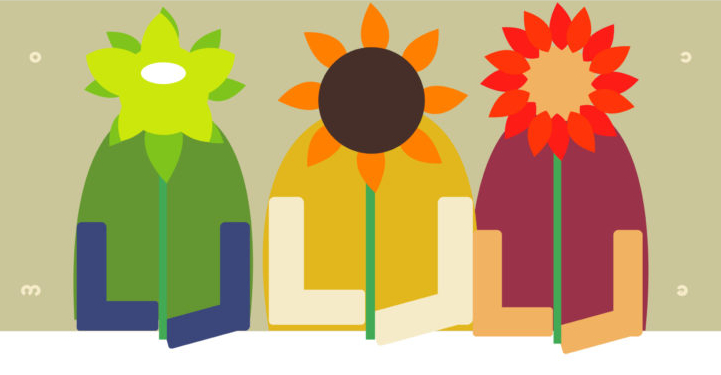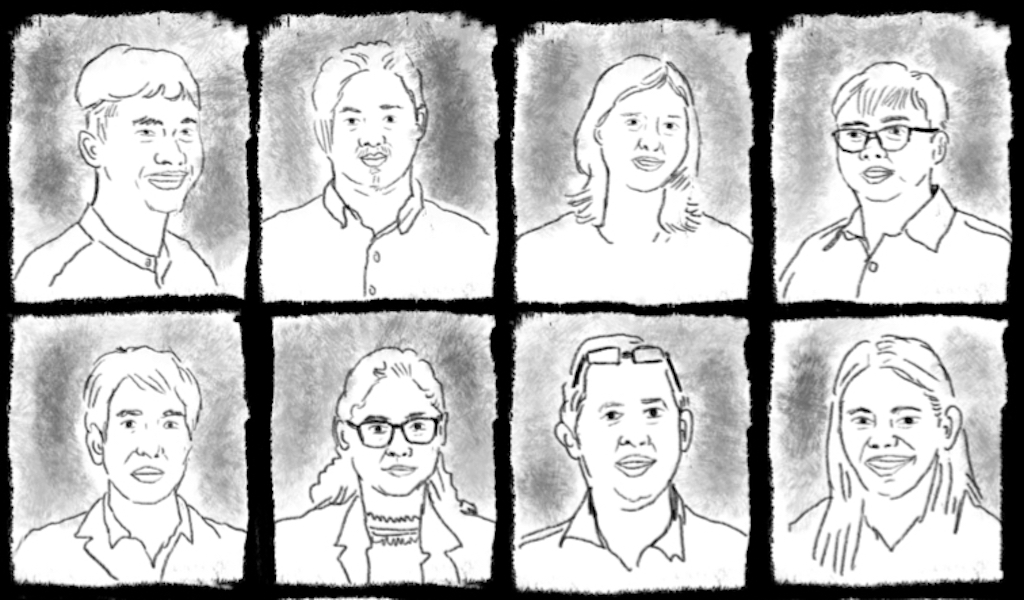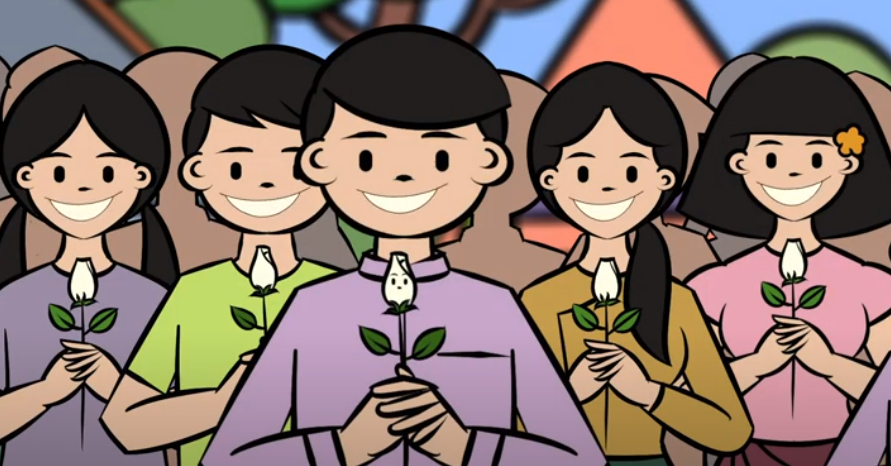RIPE is a collaborative partnership of Myanmar NGOs, led by Enlightened Myanmar Research Foundation (EMReF), which pursues innovative engagements with new audiences and diverse communities to stimulate pathways to impact and contributes to SDG16 for stronger peace, justice, and political institutions. The objectives are: (1) to help shape a socio-political environment in which under-represented and excluded groups have improved access to, participation in, and representation within the country’s democratic processes; (2) to establish a multi-stakeholder Alliance for Inclusive Democracy to identify and agree strategic priorities in reducing inequalities in public-political engagement; and (3) to unlock the potential of research-based creative collaborations in communicating the challenges and opportunities around more inclusive democracy. RIPE is funded by the Arts and Humanities Research Council and the Global Challenges Research Fund.
Key impacts of the RIPE project to date
- Establishing the Alliance for Inclusive Democracy – a multi-stakeholder, multi-state, multi-regional, multi-religious, multi-political, multi-disciplinary cohort focused on developing a vision and strategy around SDG 16
- Organising and facilitating the first ever interdisciplinary arts and research workshops in Myanmar led by PositiveNegatives
- Supporting interdisciplinary collaborations on themes related to political engagement, representation, and participation; and exclusions based on gender and ethnicity
- Creating the concept of ‘Ahnu Thutaythana’ (loosely translated as ‘arts and research’)
- Curating the Ahnu Thutaythana Festival and Exhibition – generating unprecedented public and political support for, and dialogue on, more inclusive democracy
- Inspiring RIPE associates amongst others in Myanmar’s CSO community to co-sign an open letter in support of the International Court of Justice’s judgement in the case brought by Gambia against Myanmar in respect of genocide, which called for provisional measures to be taken to protect Rohingya
Together, these activities have been critical in generating advocacy for more inclusive democracy around Myanmar. But, warns Myat Thet Thitsar, Executive Director of Enlightened Myanmar Research Foundation: ‘We are under no illusion that we can effect radical transformation quickly and smoothly. RIPE begins the process of trying to repair broken down relationships, build trust, develop inclusive knowledge, and bring artists, activists, and academics into a community of common conscience and action. It will take time, but we must persevere. Peace and justice are critical to the future of Myanmar.’

Alliance for Inclusive Democracy
Under the careful and considered guidance of the Enlightened Myanmar Research Foundation, RIPE has established the Alliance for Inclusive Democracy, whose members include a broad range of practice and interest groups including leading researchers, civil society activists, religious leaders, MPs, ethnic armed organisations, journalists, film-makers, artists, and musicians amongst others. Meeting for the first time in Yangon in February 2019, they shared their reflections on the opportunities and challenges for Myanmar’s democratic future based on their unique perspectives and experiences.

Creative Collaborations: Arts + Research for Advocacy
A key element of the RIPE project is to encourage critical engagement and advocacy for deeper and more inclusive democracy in Myanmar. Prominent Myanmar artist-activists like Htein Lin point to a distinct lack of understanding amongst, and engagement by, both the public and policy-makers about what art can contribute to contemporary social, cultural, and political discourse. In a highly experimental workshop led by PositiveNegatives, artists and researchers challenged each other’s assumptions about knowledge production and formed new collaborative partnerships.

Ahnu Thutaythana Festival and Exhibition
The Ahnu Thutaythana was conceived as a way of bringing arts, research, and advocacy to public and political attention. A key challenge communicating the notion of interdisciplinary collaboration and commitment to changing the country’s social, cultural, and political landscape. There is no such phrase or concept in Myanmar society or language; so it had to be created. Hence, Ahnu Thutaythana. Loosely translated as ‘arts and research’, visitors commented that the concept is far richer, more complex, and emotionally galvanising, than this simplistic translation conveys.
Scrutiny of Elections in the Context of Covid-19
Our key partner in Myanmar, Enlightened Myanmar Research Foundation, is responsive to the most urgent pressures as they emerge; SOAS aspires to reduce the barriers that can get in the way of this flexible approach. EMReF’s Director, Myat Thet Thitsar, has been collaborating with a huge range of stakeholders in recent months to work out the most vital political needs in the country. ‘The role of civil society is more important now than ever. We must raise our voices to ensure there is equitable access to resources for everyone, and to continue holding our leaders to account’, she states.
An vital moment in Myanmar’s democracy will be the 8th November general election. EMReF and partners are concentrating in the coming months on a new initiative – Election Targeted Research-based Advocacy – with two main aims. First, they will promote the communication of accessible knowledge to citizens and politicians about urgent issues both before and after the election. The have identified key policy issues as follows: (a) sustainable and equitable livelihoods through revitalisation and innovation of the rural agrarian economy, (b) promoting employment and saving to utilize the demographic dividend, (c) food sovereignty, (d) effective language teaching in public schools across Myanmar.
Secondly, they are asking the Union Election Commission to make sure that there is a broad presence of election observers who can do their work freely. The Commission should enable citizen participation and a key strategy is for them to have frequent dialogue with political parties, CSOs and the media. EMReF and partners are playing their part to educate citizens about elections – aspiring to reduce misinformation and misunderstanding. This is important for democracy but also to reduce the risk of violence. It is important that all stakeholders view the election as credible so that they can accept the result.
The Election Commission will face unprecedented challenges in this election due to Covid-19. A low turnout could pose a risk to the integrity and legitimacy of elections in the eyes of citizens but at the same time measures to reduce transmission of the disease are also important. The presence of independent observers will be more crucial than ever this year.
Their new policy briefing in Burmese explains EMReF’s recommendations in detail.
